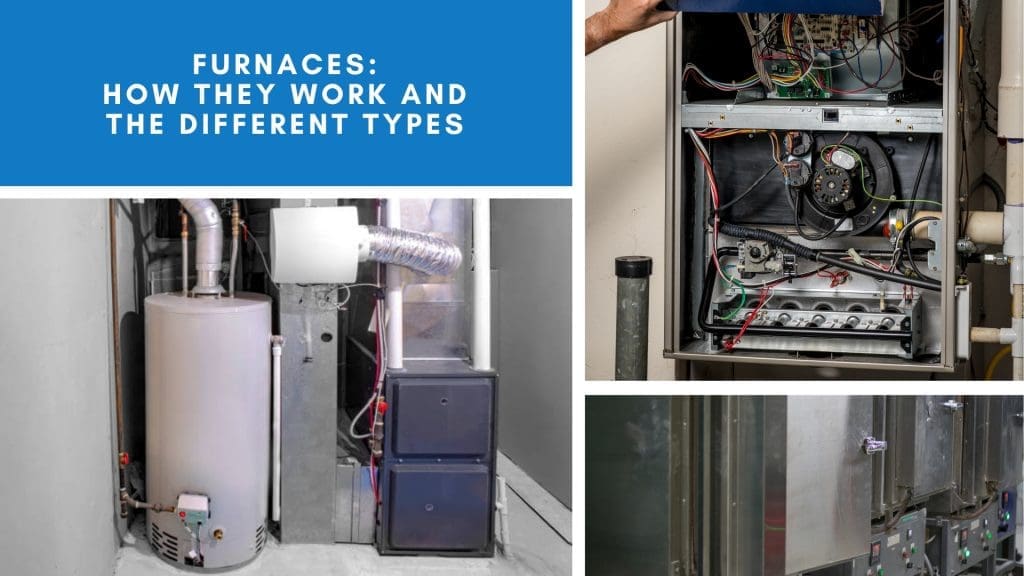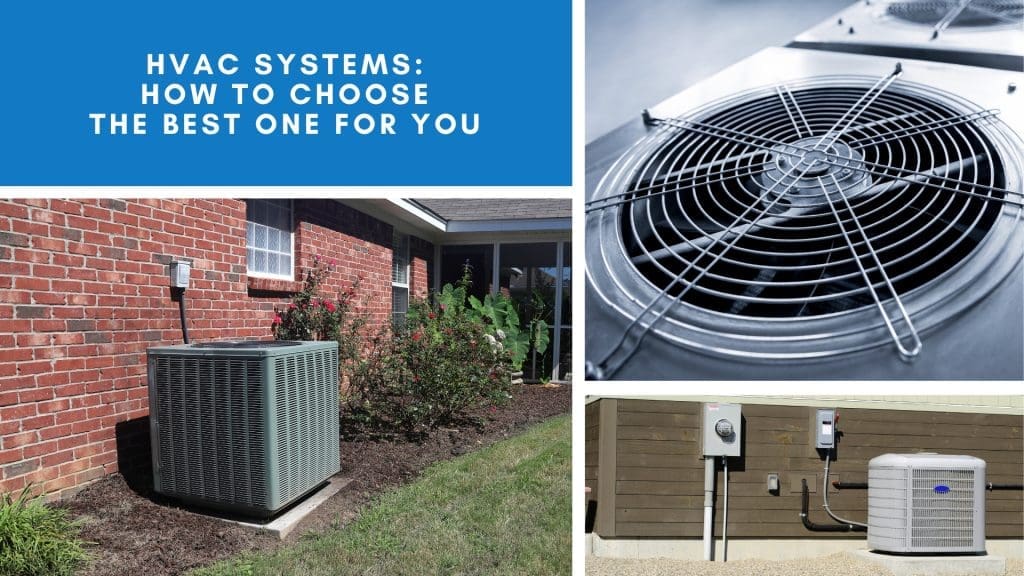Before diving into the signs, let’s first understand what causes an air conditioner to leak. If your air conditioner is leaking, it may be due to several reasons, such as clogged drain lines, frozen evaporator coils, or faulty installation. These issues lead to water escaping from the unit, which may cause damage to your property if not addressed promptly. Additionally, understanding the mechanics behind these leaks can empower homeowners to undertake preventive measures, thereby enhancing the lifespan of their units.
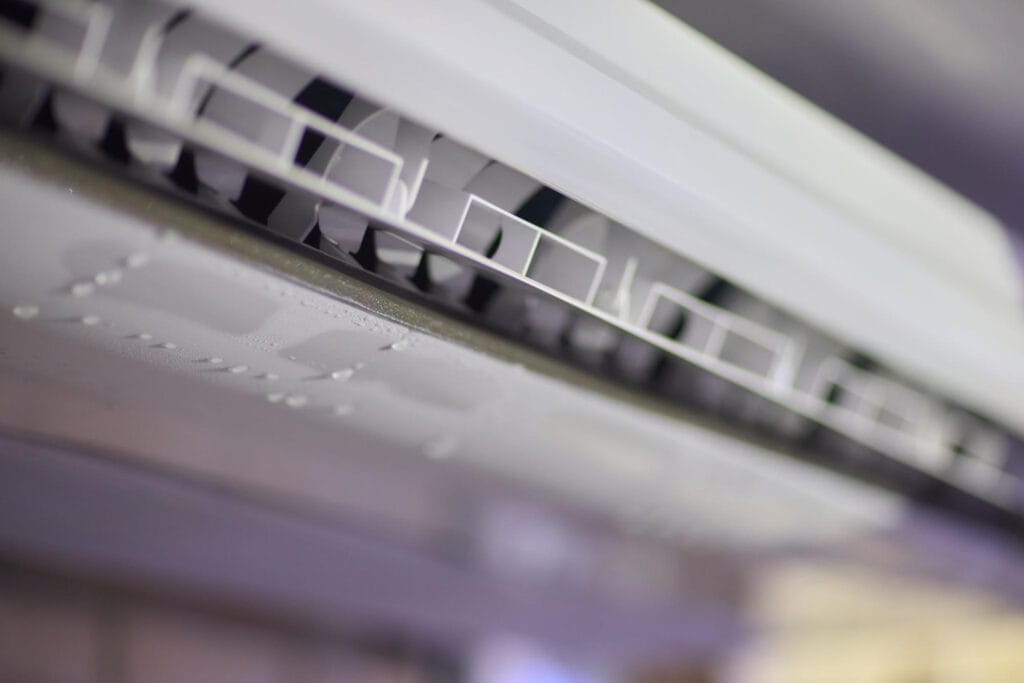
Air conditioning systems work by removing moisture from the air as they cool it. This moisture typically drains away through a designated line, but when the system malfunctions, it can lead to leaks. Over time, these leaks can cause structural damage to your home, promote mold growth, and even damage the air conditioning unit itself. By familiarizing yourself with the common causes of leaks, you can be better prepared to address them when they arise.
Common Signs of a Leaking Air Conditioner
Being aware of the warning signs of a leaking air conditioner can help you take action before any significant damage occurs. Here are some common indicators to look out for:
1. Water Puddles Around the Unit
One of the most apparent signs is water pooling around the base of your air conditioning unit. If you notice a small puddle near the unit, it may be a sign that your AC is leaking water. This could be due to a blocked drainage pipe or a malfunctioning condensate pump. Ignoring this can lead to further complications, including water damage to floors and walls, which may require costly repairs.
It’s essential to regularly inspect the area around your unit, especially during peak usage times. While a small amount of water may occasionally appear due to condensation, consistent pooling is a clear indicator of a problem. By addressing these puddles promptly, you can prevent larger issues and maintain the efficiency of your air conditioning system.
2. Water Dripping from the Unit
If you notice water dripping from your air conditioner, whether it’s a window unit or a central system, this is a clear indication of a leak. It’s essential to address this issue quickly, as prolonged dripping can lead to water damage in your home. Water stains on walls or ceilings can be a telltale sign of an ongoing leak that needs immediate attention.
Dripping water can also indicate that the unit is not properly sealed, allowing warm air to infiltrate and cause condensation. This not only reduces the efficiency of your cooling system but can also lead to increased energy consumption. Ensuring your unit is correctly sealed and functioning can help you save on energy costs and avoid unnecessary repairs.
3. Unusual Sounds
Another sign to be aware of is unusual sounds coming from your air conditioner. If you hear a consistent dripping or gurgling noise, it might indicate that water is not flowing correctly through the system and is instead leaking. These sounds can be more than just an annoyance; they often signal that something is amiss within the system.
In addition to dripping and gurgling, other sounds such as hissing or whistling can suggest refrigerant leaks, which require professional attention. Regularly listening for changes in your unit’s operation can help you catch problems early and avoid more extensive damage.
4. Musty or Moldy Smells
A musty or moldy smell around your air conditioner can be a sign of water leakage. When water accumulates, it creates a damp environment conducive to mold growth. Addressing the leak can help prevent mold, which can be a health hazard. Mold spores can spread quickly, affecting indoor air quality and potentially causing respiratory issues for occupants.
Besides being a health risk, mold growth can compromise the structural integrity of your home. Regular cleaning and inspection of your AC unit can help prevent such problems. Using dehumidifiers in conjunction with your air conditioning system can also help control moisture levels and reduce the risk of mold.
5. High Humidity Levels
If your home feels more humid than usual, it may be due to a leaking air conditioner. The unit may not be removing moisture from the air effectively, indicating a possible leak. High indoor humidity can lead to discomfort, making the air feel warmer than it actually is, and can also contribute to the growth of allergens like dust mites and mold.
Monitoring indoor humidity levels with a hygrometer can provide insights into your air conditioner’s performance. If you notice persistent humidity issues, it may be time to have your unit inspected by a professional to ensure it is functioning correctly.
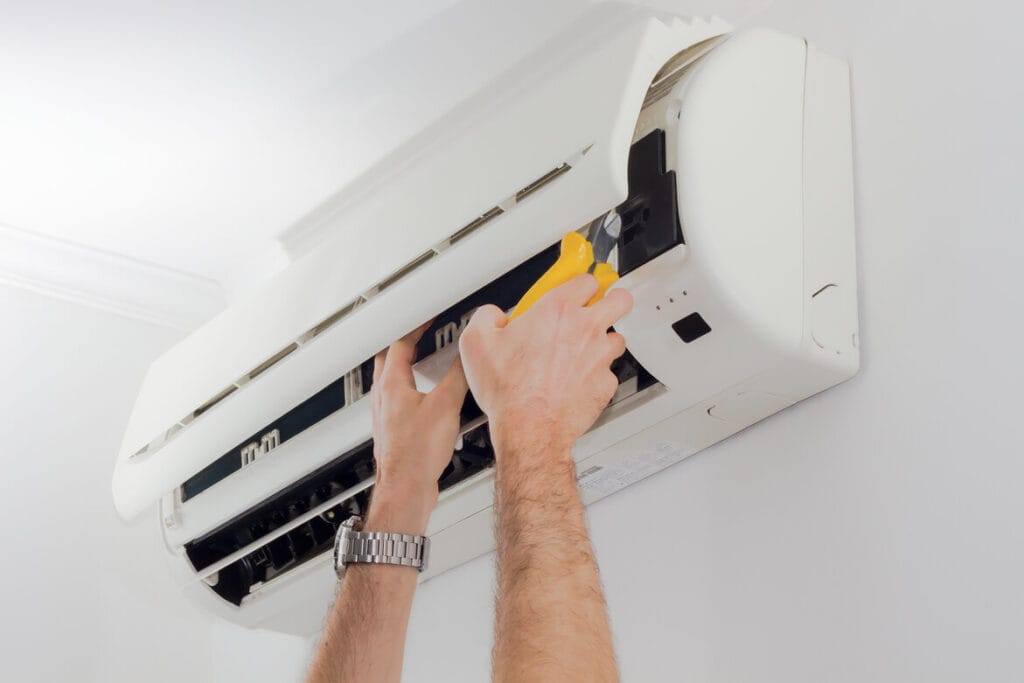
Why Your Air Conditioner Might Be Leaking
Understanding the underlying causes of an AC leak can help you address the issue more efficiently. Here are some common reasons why your air conditioner might be leaking:
Clogged Drain Line
The drain line carries away the condensation produced by your air conditioner. If this line becomes clogged with dirt or debris, it can cause water to back up and leak out of the unit. Regular cleaning of the drain line can prevent such blockages and maintain efficient drainage.
A clogged drain line is a common issue that can be easily addressed with routine maintenance. Homeowners can periodically check the line for obstructions, using a wet/dry vacuum to clear minor clogs. For persistent issues, professional cleaning might be necessary to ensure optimal drainage.
Frozen Evaporator Coils
If the evaporator coils freeze, they can cause water to overflow once the ice melts. This is often a result of airflow problems, such as dirty filters or blocked vents. Ensuring that your air filters are clean and that airflow is unobstructed can prevent coils from freezing and causing leaks.
It’s crucial to address the root cause of frozen coils, as they can lead to other system inefficiencies. Regularly changing air filters and ensuring vents are clear can enhance the overall performance of your unit, preventing both freezing and leaks.
Faulty Installation
Improper installation of your air conditioning unit can lead to leaks. If the unit is not level, it can cause water to flow unevenly and spill out of the unit. A professional installation can ensure that your unit is correctly positioned and sealed, reducing the risk of leaks.
Faulty installation can also affect the overall efficiency of the system, leading to higher energy bills and reduced cooling performance. Ensuring your unit is installed by experienced professionals can prevent these issues and ensure long-term reliability.
Low Refrigerant Levels
Low refrigerant levels can also cause the evaporator coils to freeze, leading to leaks. A professional can check refrigerant levels and address any leaks in the system. It’s important to address refrigerant issues promptly, as they can significantly impact the cooling efficiency and lifespan of your AC unit.
Refrigerant leaks can also have environmental implications, as they contribute to greenhouse gas emissions. Regular maintenance can help detect and address these leaks early, ensuring your system operates efficiently and sustainably.
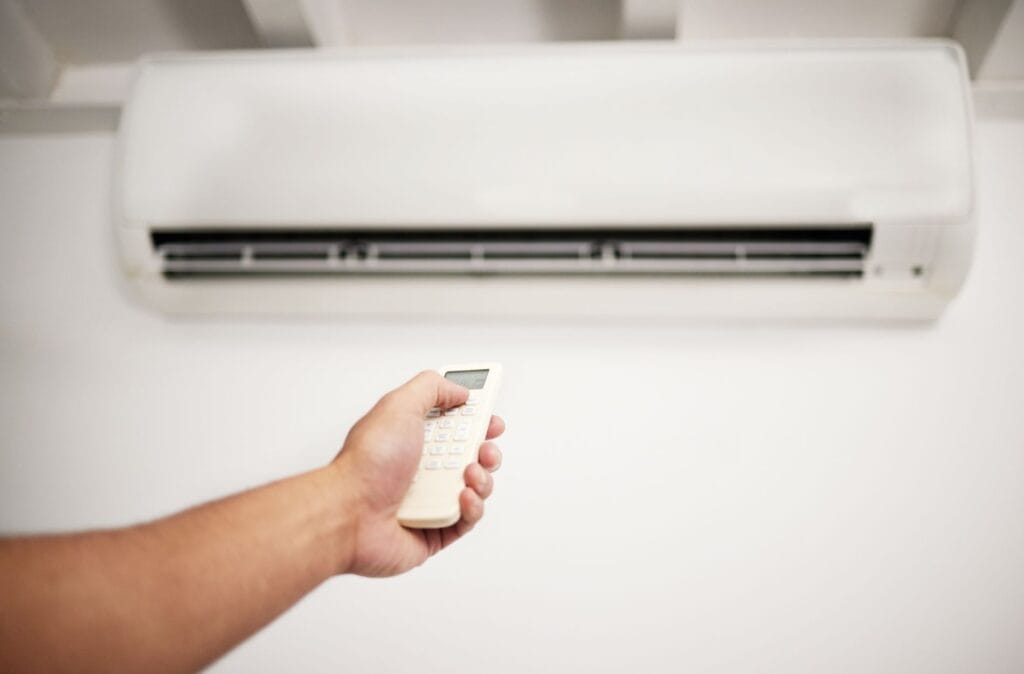
What To Do If Your Air Conditioner is Leaking
If you suspect your air conditioner is leaking, it’s crucial to take action quickly to prevent damage. Here are some steps you can take:
Turn Off the Unit
First, turn off your air conditioner to stop any further leakage. This will also prevent additional damage to the system. Turning off the unit can help prevent electrical hazards and reduce the risk of water damage spreading to other areas of your home.
By shutting down your system, you give yourself time to assess the situation without causing further harm. Ensure that all electrical connections are dry and safe before attempting any further inspection or repair.
Check for Blockages
Inspect the drain line for any visible blockages. If you feel comfortable, gently clean the line to remove debris. However, be cautious not to damage any components. Using tools like a wet/dry vacuum or a plumber’s snake can help clear minor obstructions.
If you’re unsure about handling the cleaning yourself, it’s advisable to seek professional help. A qualified technician can ensure that the blockage is completely removed and that your system is functioning properly.
Call a Professional
Given the complexity of HVAC systems, it’s often best to call a professional to diagnose and fix the issue. At LC Heating and Air Conditioning, we pride ourselves on providing reliable, quality service to the Los Angeles area. Our team of experts can quickly identify the problem and ensure your air conditioner is working efficiently again. Professionals have the tools and expertise to handle complex issues that might not be apparent to the untrained eye.
Relying on professional services not only guarantees a thorough inspection but also provides peace of mind. Knowing that your system is in expert hands can alleviate stress and ensure that your air conditioning unit is restored to optimal performance.
Preventing Future Leaks
Regular maintenance can help prevent future leaks and prolong the life of your air conditioning unit. Here are some tips to keep your system in top shape:
Schedule Regular Maintenance
Routine maintenance checks can catch potential problems before they become serious. We recommend having your system inspected and serviced at least once a year. Regular servicing can identify issues like worn-out parts or minor leaks that could escalate if left unattended.
Professional maintenance can also include cleaning components, checking refrigerant levels, and ensuring that all parts are functioning correctly. This proactive approach not only prevents leaks but also enhances the overall efficiency and longevity of your air conditioning unit.
Keep the Area Around the Unit Clean
Ensure the area around your air conditioner is free from debris and plants, which can block airflow and contribute to leaks. Regularly trimming plants and cleaning debris can prevent airflow obstructions and maintain the efficiency of your system.
A clean environment around your unit also reduces the risk of clogs in the drainage system. By maintaining a clear area, you allow your system to operate as intended, reducing the likelihood of leaks and other issues.
Change Filters Regularly
Dirty filters can cause airflow issues, leading to frozen coils and leaks. Make sure to change your filters regularly to keep your system running smoothly. Clean filters not only prevent leaks but also improve air quality and efficiency, reducing energy costs.
Set a schedule for changing filters, typically every 1-3 months, depending on usage and manufacturer recommendations. This simple practice can prevent a host of problems and ensure your air conditioning system remains in top condition.
Conclusion
A leaking air conditioner is more than just an inconvenience—it can lead to significant damage if not addressed promptly. By recognizing the signs of a leak and understanding the causes, you can take the necessary steps to protect your home and ensure your air conditioning system remains in excellent condition. If you’re experiencing issues with your air conditioner, don’t hesitate to contact us at LC Heating and Air Conditioning for expert assistance.
For more information or to schedule a service, visit our website at lahvaclc.com or call us at (818) 858-7080. Taking timely action can save you from costly repairs and ensure your home stays comfortable throughout the year. With the right knowledge and professional support, you can maintain a reliable and efficient cooling system that meets your needs.

